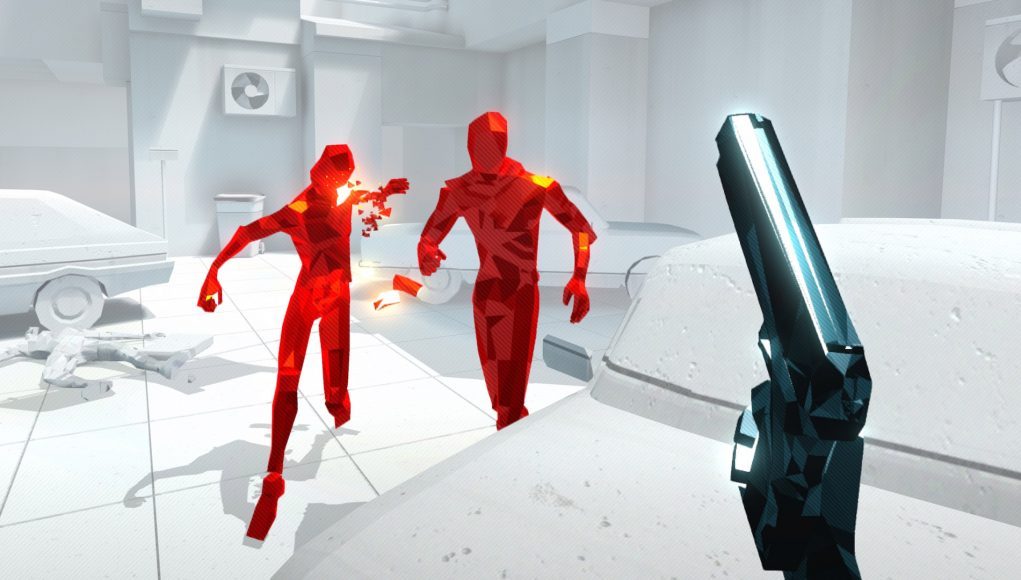We knew Superhot VR (2016) was doing extremely well when Superhot Team announced the VR adaptation had generated more revenue than the original PC game back in April. Now the studio has set one of the most impressive benchmarks of success for the medium, as over the past week Superhot VR garnered a cool $2 million in gross revenue across all VR platforms.
Callum Underwood, an industry consultant and talent scout, announced the news on the studio’s behalf:
https://twitter.com/DevRelCallum/status/1211284629031915520
Underwood also notes that numbers on the PlayStation platform aren’t precise, as Sony will furnish the exact sales numbers next year.
He couldn’t specify the breakdown of which platform made the most money for the studio (supported headsets include Oculus Quest, PSVR, and SteamVR headsets), although Superhot VR is a pretty reliable watermark of success of the VR medium in whole.
For comparison’s sake, the breakout hit parody sim Job Simulator (2016) passed the thee million dollar mark after around eight months after launching on Steam. It also rolled out slowly to other stores, including a day-one launch on PSVR in October 2016 and on the Oculus Store in December of that year for Oculus Touch’s launch—the absolute ideal launch plan for any VR game at the time when consumer VR first took off.
We have no way of knowing the specifics surrounding Superhot VR’s success, but it’s at very least clear that a bunch of new headsets have been bought as gifts this holiday season. Oculus Quest, the $400 standalone headset launched by Facebook earlier this year, has been out of stock all over the Internet this holiday season.
Intuition points to Quest making the biggest effect on Superhot VR’s sales numbers. The headset, although capable of playing PC VR games via Oculus Link, has a comparatively smaller native library of games than Oculus, Steam and the PlayStation Store, which might have created a bottleneck for new users looking for their first game.
And it’s a pretty excellent choice too; it’s both a highly-rated game by users, and also one of the few with brand name cachet for non-VR gamers too, as the original version saw viral success when it released on PCs back in 2016.







